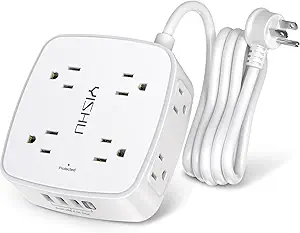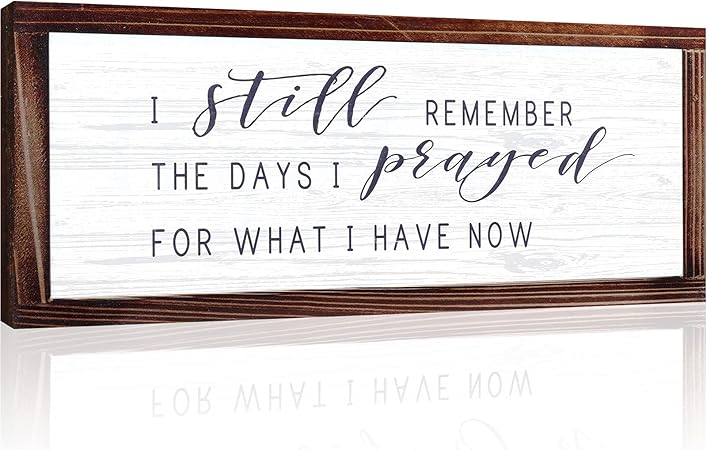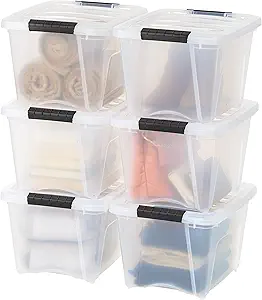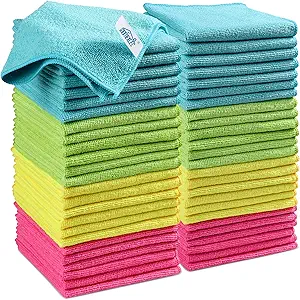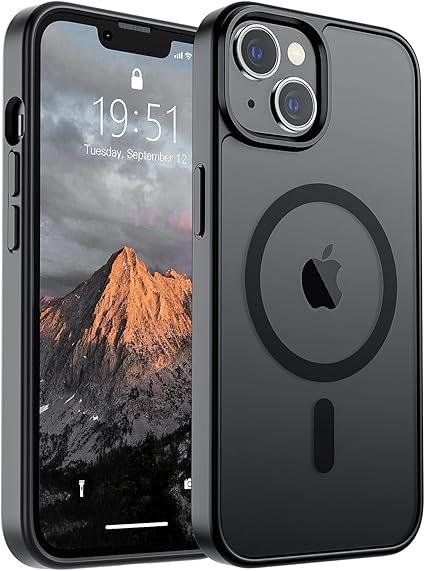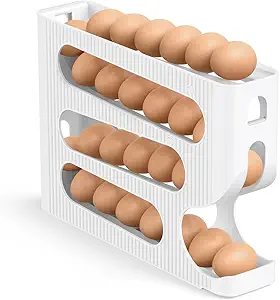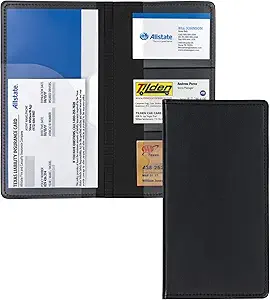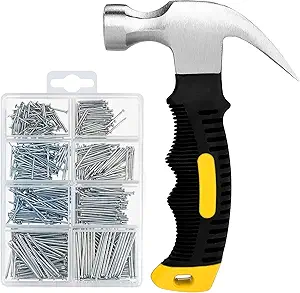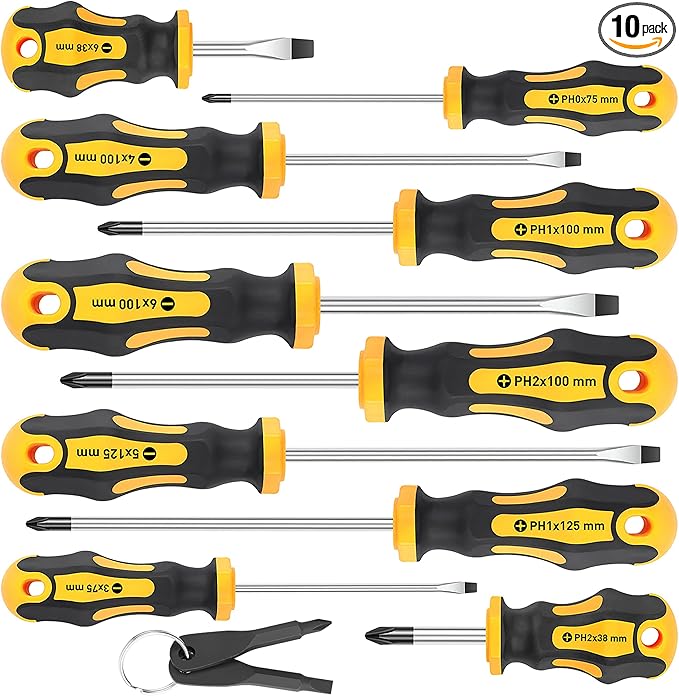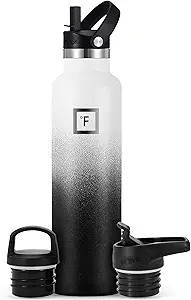Mental Health Routines That Actually Work: Mindfulness, Sleep & Self-Care
In today’s fast-paced, screen-driven, and often stressful world, mental health has become just as important as physical health—if not more. While therapy, medication, and professional support are crucial in many cases, building strong daily routines around mindfulness, sleep, and self-care can provide a foundation for emotional balance, resilience, and overall mental well-being.
This ultimate guide explores evidence-backed mental health routines, practical strategies you can start today, trending approaches to wellness in 2025, and common questions people ask about creating healthy habits.
🌿 Why Mental Health Routines Matter
Think of your mental health as a garden. Without consistent watering, sunlight, and care, it struggles to flourish. Daily routines—whether it’s a 10-minute meditation, a consistent bedtime schedule, or a moment of gratitude—help nurture your brain, body, and emotions.
-
Consistency = Stability: Regular habits create a sense of control and predictability.
-
Prevention vs. Cure: Daily practices can help reduce stress before it spirals into anxiety or burnout.
-
Holistic Wellness: Sleep, mindfulness, and self-care routines support not only your mental health but also your physical health, relationships, and productivity.
🧘♀️ Mindfulness Routines That Work
Mindfulness is more than meditation—it’s about training your mind to stay present and grounded.
1. Morning Mindfulness Rituals
-
Breathing exercises (5 minutes): Start the day with deep diaphragmatic breathing.
-
Body scan meditation: Tune into each part of your body, noticing sensations without judgment.
-
Gratitude journaling: Write down 3 things you’re grateful for.
2. Mindful Breaks During the Day
-
Pomodoro with intention: Work for 25 minutes, then take a 5-minute mindful pause—stretch, step outside, or sip tea.
-
Digital detox moments: Step away from screens, even if only for a few minutes, to reconnect with yourself.
3. Evening Wind-Down
-
Mindful reflection: Write a short reflection on your day—what went well, what challenged you, and how you felt.
-
Calming ritual: Herbal tea, dim lighting, or reading can transition your brain toward rest.
📌 Trending in 2025: Mindfulness apps with AI-driven personalization are gaining popularity. They adapt meditation styles to your mood, stress level, and sleep cycle.
😴 Sleep Routines That Actually Restore You
Sleep is the most underrated mental health tool. Quality sleep helps regulate mood, memory, and emotional resilience.
1. Create a Consistent Sleep Schedule
-
Go to bed and wake up at the same time—even on weekends.
-
Use smart alarms or sleep-tracking devices to optimize your sleep cycle.
2. Design a Sleep-Friendly Environment
-
Dark, cool, and quiet rooms promote better sleep.
-
Block blue light 1–2 hours before bed (blue-light glasses, night filters on devices).
-
Aromatherapy with lavender or chamomile can aid relaxation.
3. Pre-Bedtime Rituals
-
Digital sunset: No screens 30–60 minutes before bed.
-
Gentle movement: Stretching or yoga to relax tense muscles.
-
Journaling worries away: Write down tomorrow’s to-dos to keep them off your mind.
📌 Trending in 2025: Weighted blankets, AI-powered sleep tracking rings, and natural supplements like magnesium glycinate are becoming staples in mental health-focused sleep routines.
💆 Self-Care Routines That Build Resilience
Self-care isn’t just about bubble baths (though those help!). It’s about setting boundaries, nourishing your body, and engaging in activities that recharge you.
1. Physical Self-Care
-
Exercise: Regular movement—whether walking, yoga, or strength training—reduces stress hormones.
-
Nutrition: Eating balanced meals rich in omega-3s, antioxidants, and whole foods supports brain health.
-
Hydration: Dehydration can increase fatigue and mood swings.
2. Emotional Self-Care
-
Therapy or support groups: Safe spaces to share feelings.
-
Journaling: Emotional release and reflection.
-
Creative outlets: Painting, music, or writing.
3. Social Self-Care
-
Quality connections: Spend time with people who uplift you.
-
Boundaries: Say no to things that drain your energy.
-
Digital boundaries: Limit toxic social media exposure.
4. Spiritual Self-Care
-
Meditation, prayer, or nature walks to cultivate peace.
-
Volunteering: Giving back can foster a sense of purpose.
📌 Trending in 2025: “Micro self-care” is a big trend—short, intentional practices (like a 2-minute breathing exercise or a 5-minute walk) that fit easily into busy schedules.
📝 Checklist: Daily Mental Health Routine
Here’s a quick daily checklist to stay on track:
✅ Morning mindfulness (meditation or journaling)
✅ Balanced breakfast with protein + hydration
✅ Movement: walk, stretch, or workout
✅ Midday mindful break away from screens
✅ Connect with a loved one (call, chat, or in-person)
✅ Evening reflection or journaling
✅ Sleep-friendly wind-down routine
✅ Consistent bedtime
🔥 Trending Mental Health Practices in 2025
-
AI-powered wellness coaches: Personalized routines based on your biometrics.
-
Cold plunges & contrast therapy: Boosting mood and reducing stress.
-
Sound healing: Using specific frequencies for relaxation.
-
Forest bathing: Nature immersion as a therapeutic practice.
-
Digital detox retreats: Escaping screens for mental clarity.
❓ FAQs on Mental Health Routines
Q1. How long does it take to see results from mindfulness or self-care routines?
👉 Many people feel calmer after just one session, but noticeable long-term changes in stress and mood usually take 4–8 weeks of consistent practice.
Q2. What if I don’t have time for long routines?
👉 Micro-habits matter! Even 2–5 minutes of mindful breathing, stretching, or gratitude journaling can make a difference.
Q3. Can poor sleep really affect mental health?
👉 Yes—lack of sleep is linked to anxiety, depression, and impaired focus. Prioritizing sleep is one of the most powerful ways to boost mental health.
Q4. Are mindfulness apps effective?
👉 Yes, when used consistently. They’re especially helpful for beginners who need guided support.
Q5. What’s the #1 self-care habit I should start today?
👉 It depends, but the simplest starting point is hydration + consistent sleep schedule. These have the fastest impact on mood and energy.
🌟 Final Thoughts
Mental health isn’t something we “fix” once—it’s a journey, supported by daily habits. By weaving mindfulness, restorative sleep, and intentional self-care into your life, you create a safety net that protects you against stress, anxiety, and burnout.
In 2025, with new tools and awareness at our fingertips, prioritizing mental health routines has never been more accessible. Start small, stay consistent, and remember: even tiny habits compound into big transformations.
